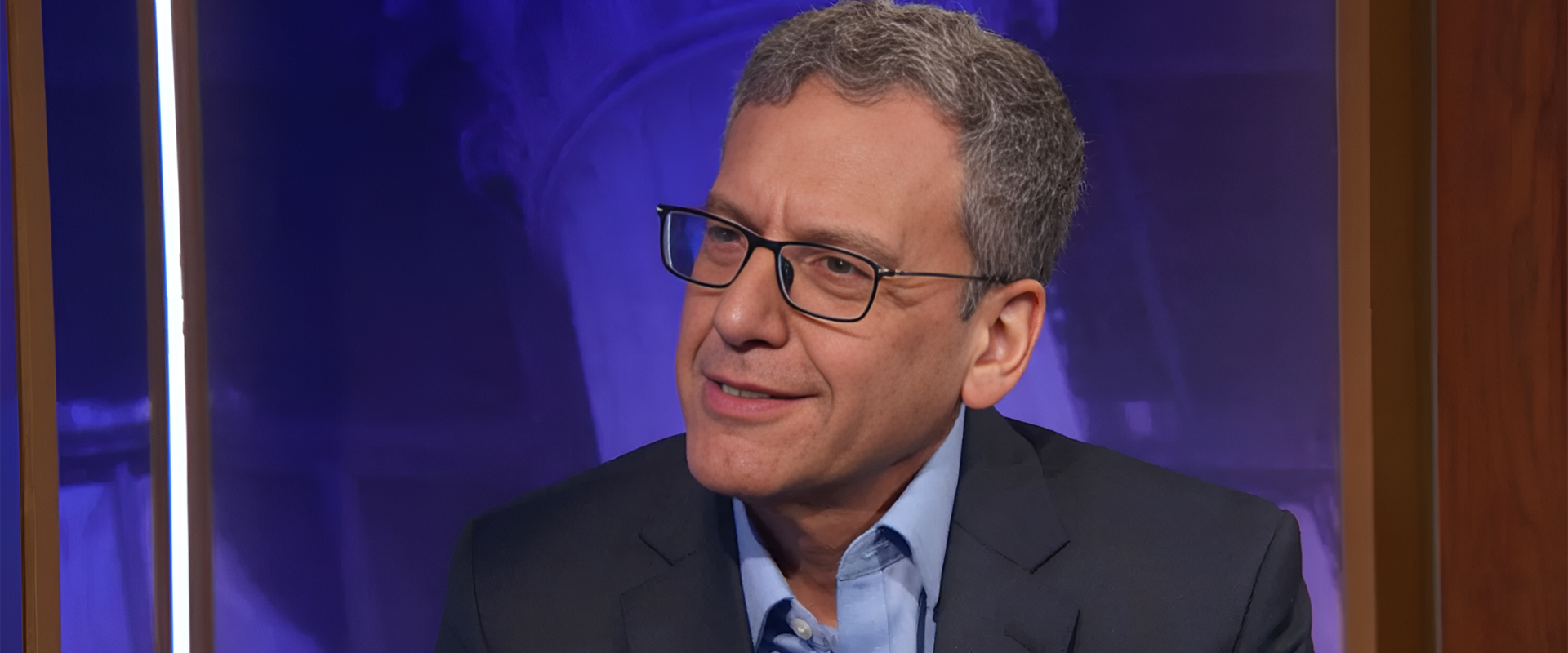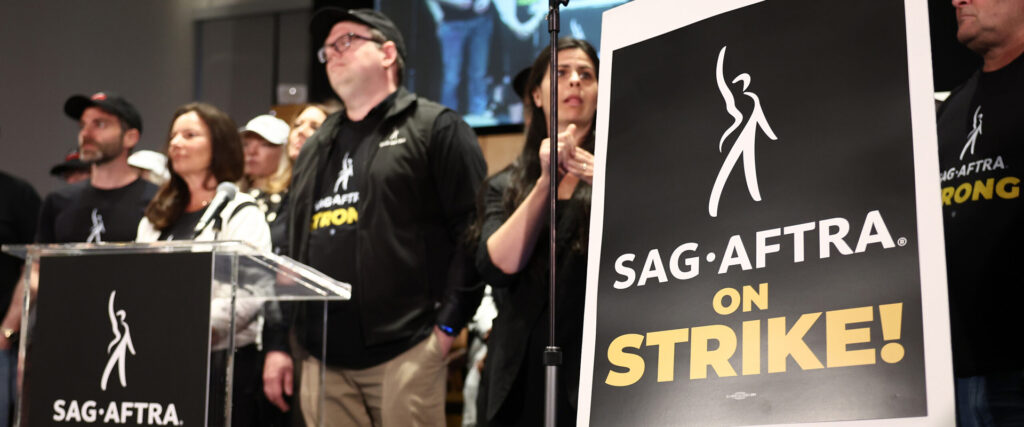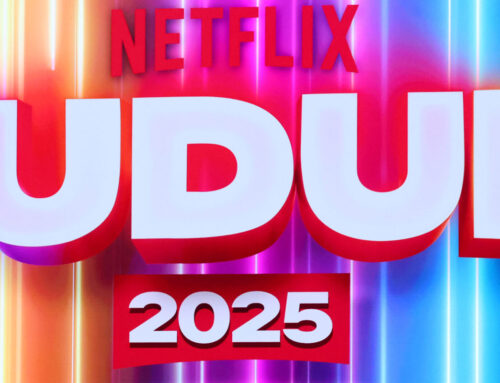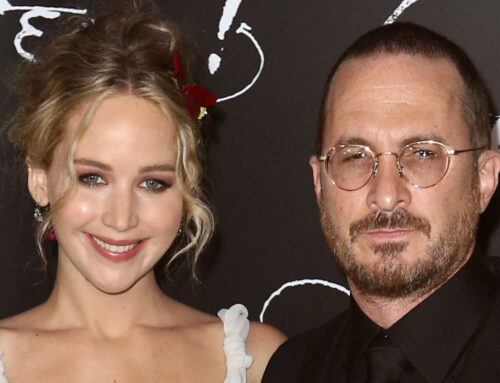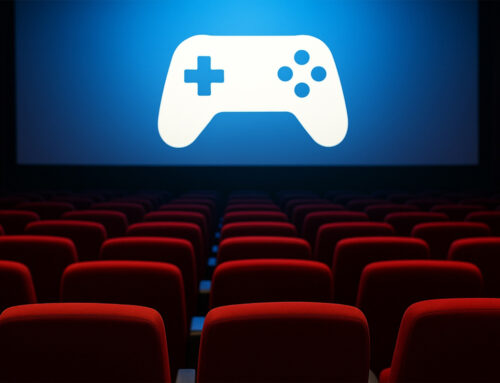DirecTV to Acquire Dish for $1: Inside the Game-Changing Pay-TV Merger
EchoStar has confirmed it will sell its Dish TV service and digital business Sling to competitor DirecTV in a blockbuster deal that merges two of the largest pay-TV providers. The announcement, made on Monday, sent EchoStar shares plunging over 11%, signaling the magnitude of the industry shift.
As part of the agreement, DirecTV will acquire Dish for a symbolic fee of $1, while also taking on $9.75 billion in debt. However, the deal still hinges on the approval of certain Dish bondholders. The transaction is expected to finalize by the fourth quarter of 2025, creating a combined entity serving nearly 20 million customers.
EchoStar CEO Hamid Akhavan explained the rationale behind the merger on CNBC’s Squawk on the Street. “This was the right time to bring the companies together so we could create a company that ultimately had enough ability to negotiate better deals with the programmers and bring smaller, more bite-sized packages to the market, which the consumers are asking for” Akhavan said. He added that the merger gives the newly formed company a stronger position to compete in a rapidly changing content distribution market: “I think this was a scale game that kind of puts us in a level playing field with the competitors in the market” the CEO continued.
The satellite TV industry, once a dominant force, has been facing severe challenges as consumers increasingly shift toward streaming services. EchoStar and DirecTV have struggled to keep pace with platforms offering newer technologies and greater reach. According to Akhavan, the decline of the distribution industry has only exacerbated these difficulties.
EchoStar has been particularly stretched thin, attempting to balance its video distribution business alongside its core wireless internet services. The merger with DirecTV will allow EchoStar to focus all its resources on its core operations, potentially stabilizing its financial outlook. Despite this, EchoStar was approaching a critical juncture, with $2 billion in debt due and only $521 million in cash reserves as of June 30, based on public filings.
Meanwhile AT&T is also shaking up its involvement with DirecTV, announcing the sale of its remaining 70% stake to private equity firm TPG for $7.9 billion. AT&T had sold 30% of its DirecTV stake to TPG in 2021, valuing the company then at $16.2 billion, significantly down from the $48.5 billion they paid in 2014.
Talks of a Dish-DirecTV merger have circulated for years. A previous deal in 2002, where EchoStar aimed to acquire DirecTV from General Motors’ Hughes Electronics, was blocked by the Federal Communications Commission. Since then, the industry has undergone major shifts, with both satellite TV providers suffering blows from the rise of streaming alternatives. As EchoStar pivots its focus, Akhavan remains confident in the company’s future, though he noted that they are in no rush to make any big moves. “We are as competitive as anybody else in terms of our offerings, whether it be price, coverage, or quality” he said, emphasizing their commitment to prioritizing customer acquisition over aggressive expansion.
Source: CNBC
Share:
EchoStar has confirmed it will sell its Dish TV service and digital business Sling to competitor DirecTV in a blockbuster deal that merges two of the largest pay-TV providers. The announcement, made on Monday, sent EchoStar shares plunging over 11%, signaling the magnitude of the industry shift.
As part of the agreement, DirecTV will acquire Dish for a symbolic fee of $1, while also taking on $9.75 billion in debt. However, the deal still hinges on the approval of certain Dish bondholders. The transaction is expected to finalize by the fourth quarter of 2025, creating a combined entity serving nearly 20 million customers.
EchoStar CEO Hamid Akhavan explained the rationale behind the merger on CNBC’s Squawk on the Street. “This was the right time to bring the companies together so we could create a company that ultimately had enough ability to negotiate better deals with the programmers and bring smaller, more bite-sized packages to the market, which the consumers are asking for” Akhavan said. He added that the merger gives the newly formed company a stronger position to compete in a rapidly changing content distribution market: “I think this was a scale game that kind of puts us in a level playing field with the competitors in the market” the CEO continued.
The satellite TV industry, once a dominant force, has been facing severe challenges as consumers increasingly shift toward streaming services. EchoStar and DirecTV have struggled to keep pace with platforms offering newer technologies and greater reach. According to Akhavan, the decline of the distribution industry has only exacerbated these difficulties.
EchoStar has been particularly stretched thin, attempting to balance its video distribution business alongside its core wireless internet services. The merger with DirecTV will allow EchoStar to focus all its resources on its core operations, potentially stabilizing its financial outlook. Despite this, EchoStar was approaching a critical juncture, with $2 billion in debt due and only $521 million in cash reserves as of June 30, based on public filings.
Meanwhile AT&T is also shaking up its involvement with DirecTV, announcing the sale of its remaining 70% stake to private equity firm TPG for $7.9 billion. AT&T had sold 30% of its DirecTV stake to TPG in 2021, valuing the company then at $16.2 billion, significantly down from the $48.5 billion they paid in 2014.
Talks of a Dish-DirecTV merger have circulated for years. A previous deal in 2002, where EchoStar aimed to acquire DirecTV from General Motors’ Hughes Electronics, was blocked by the Federal Communications Commission. Since then, the industry has undergone major shifts, with both satellite TV providers suffering blows from the rise of streaming alternatives. As EchoStar pivots its focus, Akhavan remains confident in the company’s future, though he noted that they are in no rush to make any big moves. “We are as competitive as anybody else in terms of our offerings, whether it be price, coverage, or quality” he said, emphasizing their commitment to prioritizing customer acquisition over aggressive expansion.
Source: CNBC

